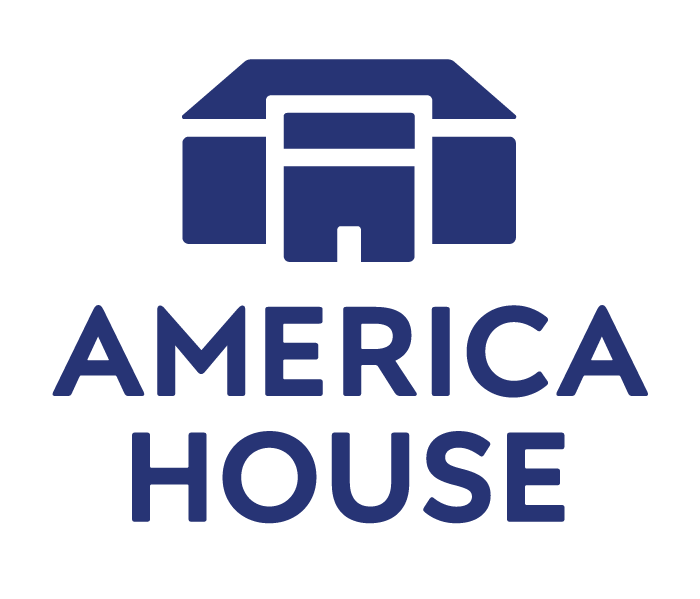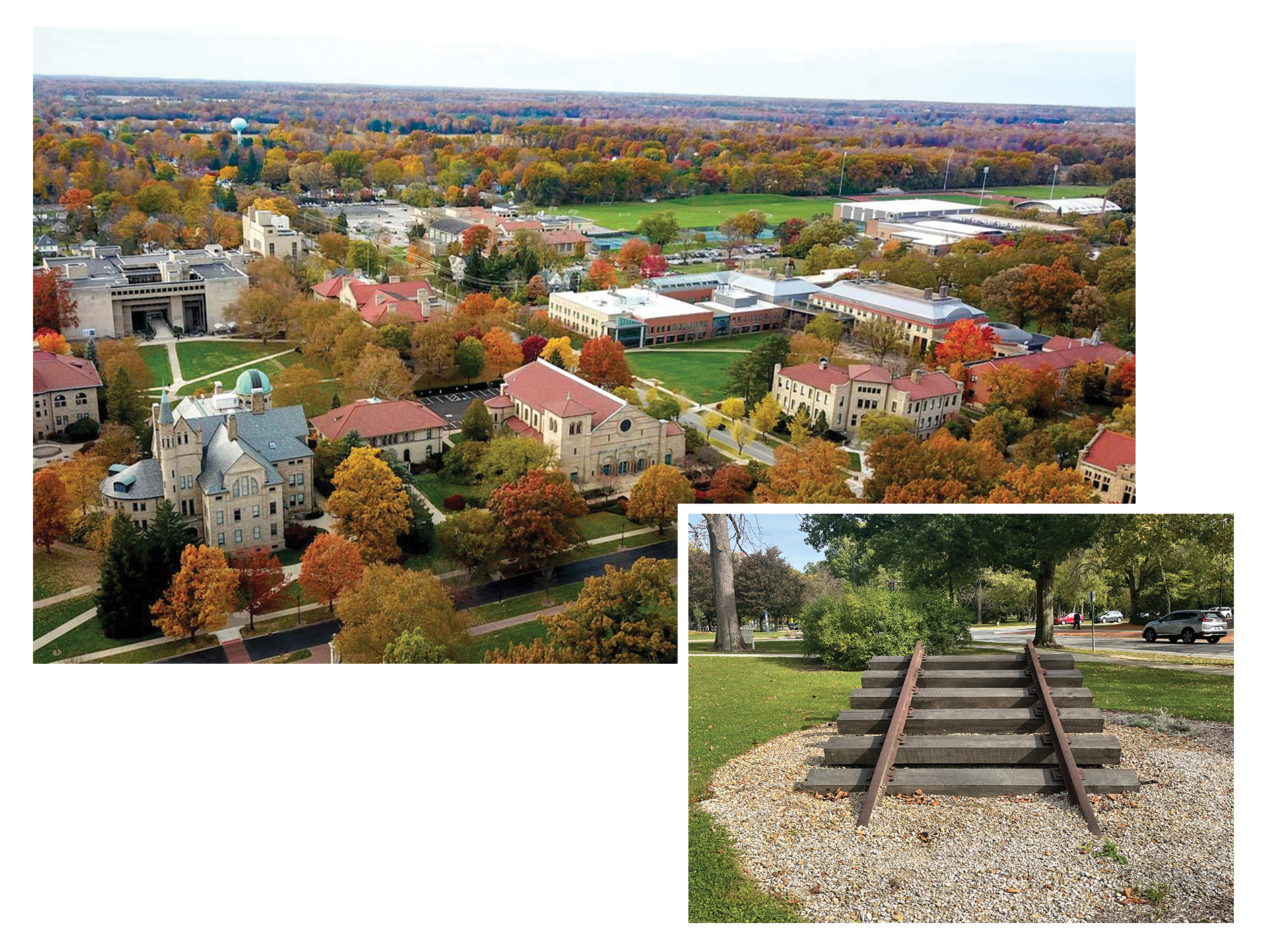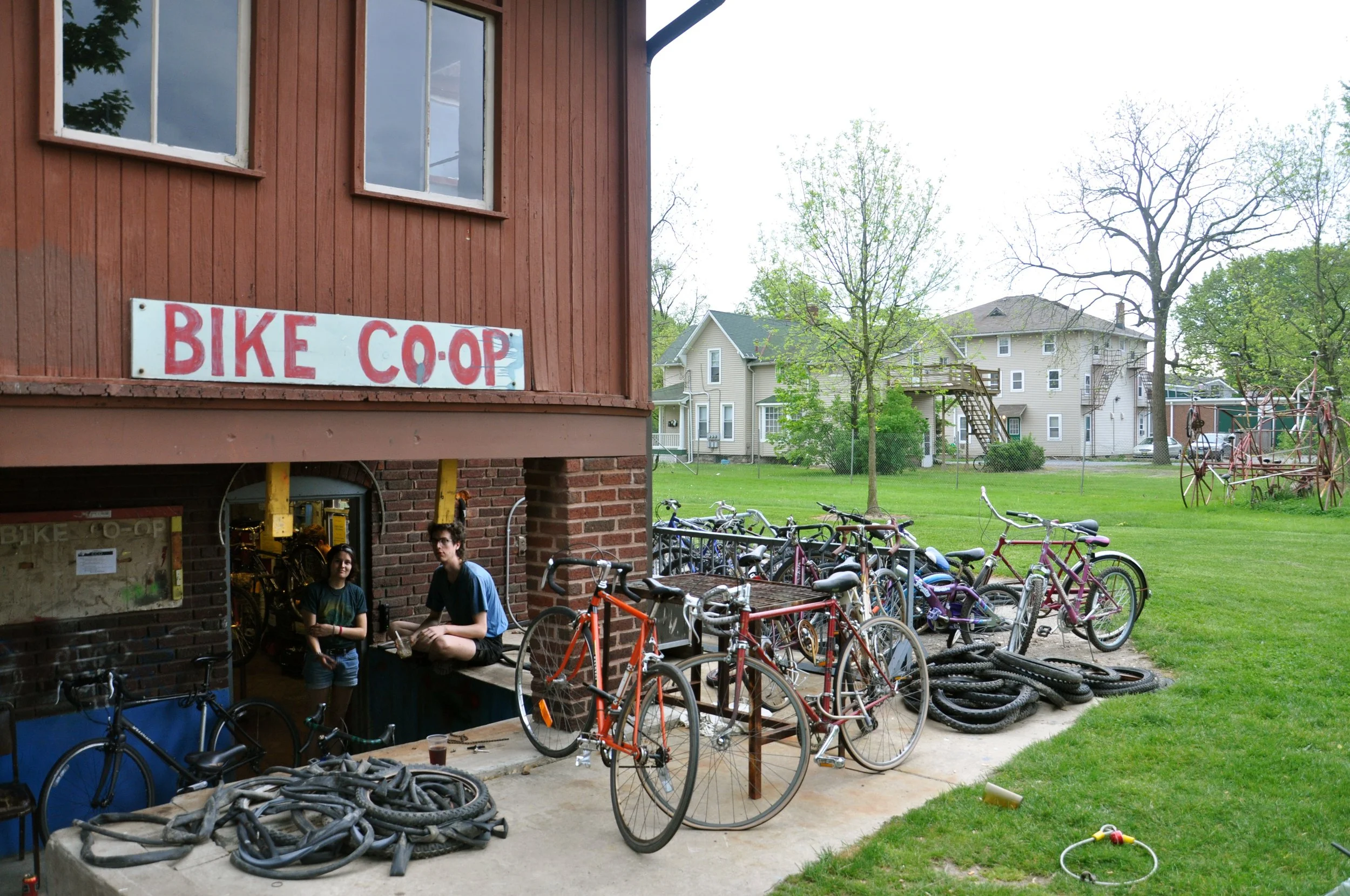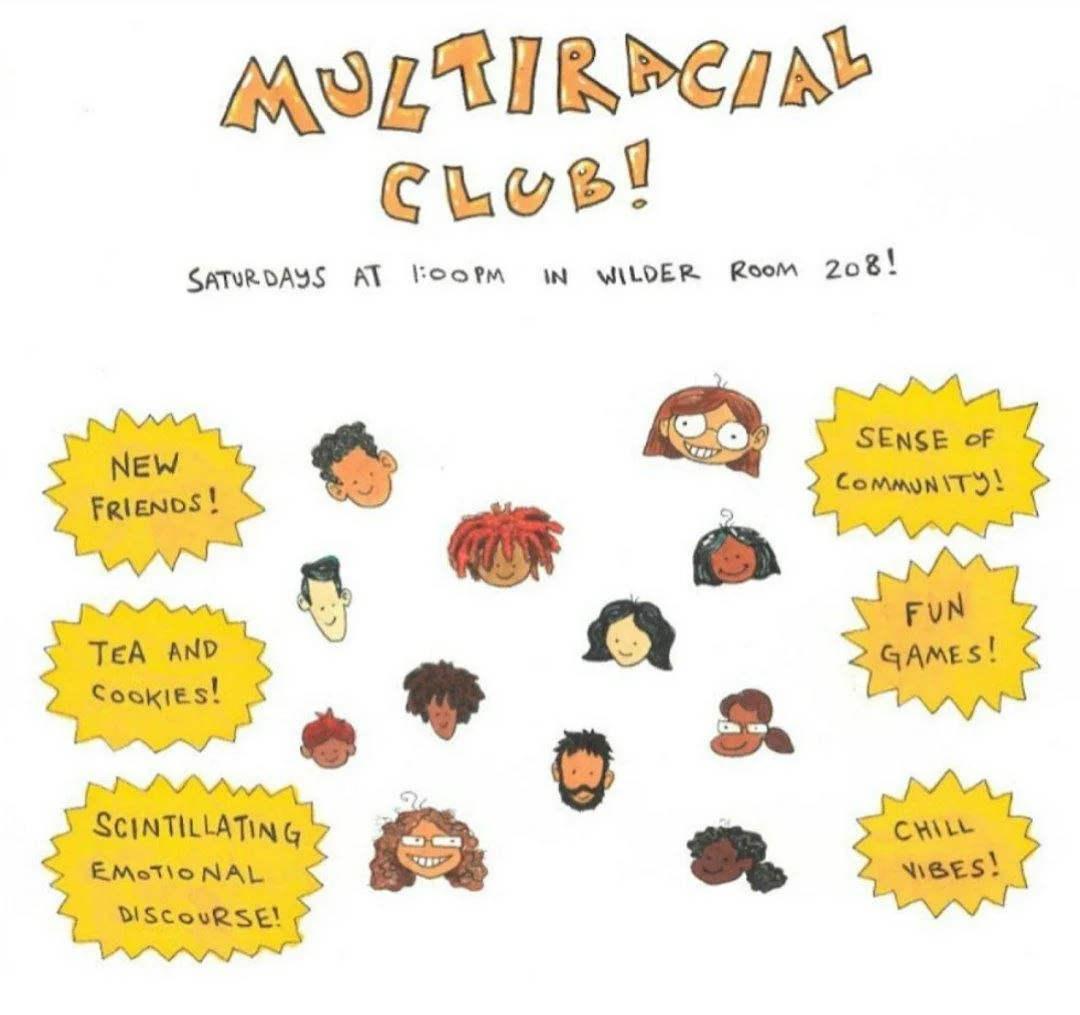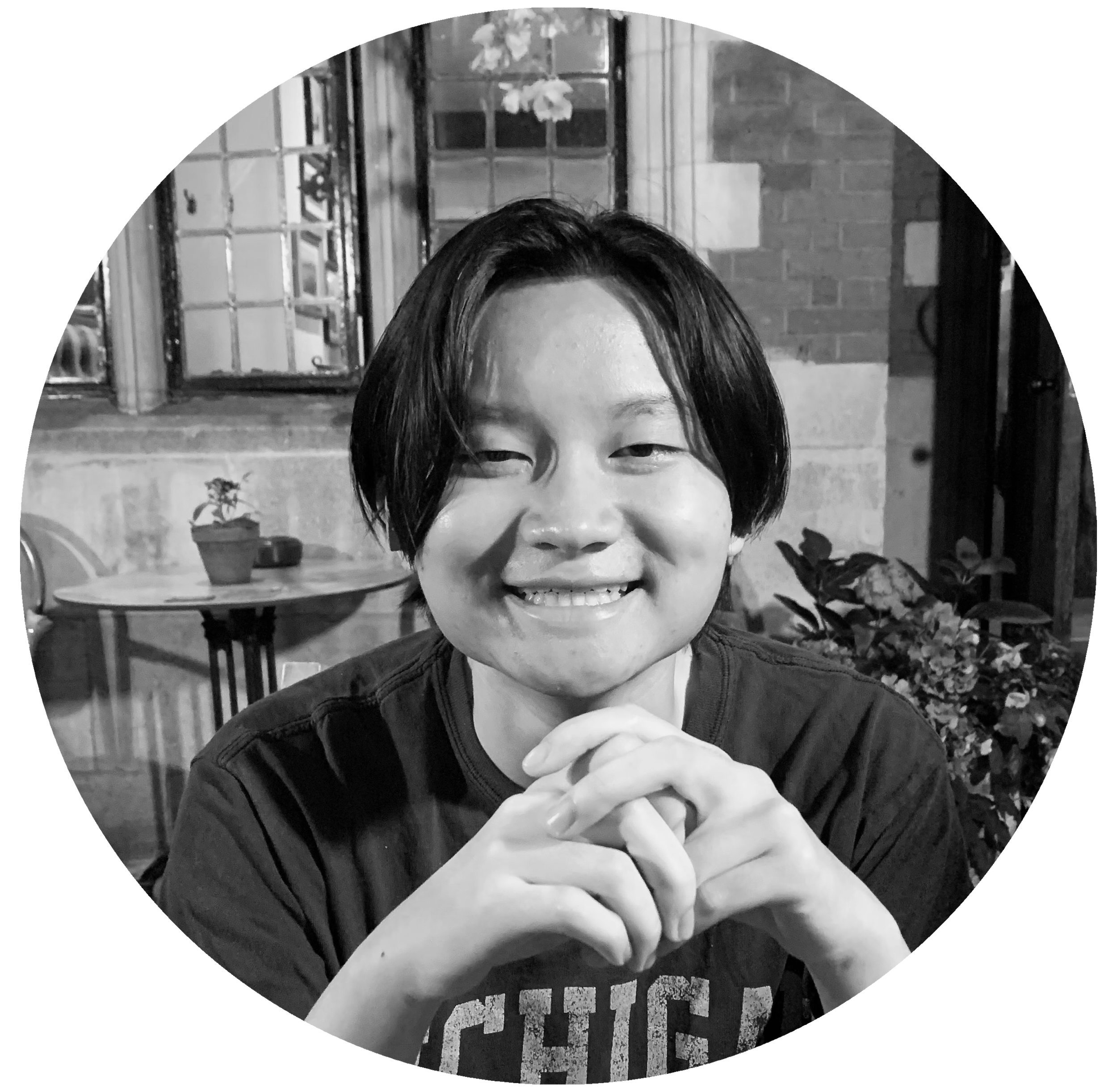Student Activities in College: Quirky Quidditch Club and More!
Photos: Oberlin College (left), Sculpture recognizing Oberlin’s role in the Underground Railroad (right)
Numerous student activities are available on college campuses throughout the United States. Oberlin College in Ohio is a small liberal arts institution of about 3,000 students. The school is located in a city with the same name, and surrounded by farmland as far as the eye can see.
Oberlin is well known for its social activism and its unique atmosphere. It was the first American college to admit Black students, the first to award bachelor’s degrees to women in a coeducational space, and it also served as a stop on the Underground Railroad.
Photo: Oberlin Circus Instagram
Today, students from all over the world come to Oberlin and may major in anything from Cinema Studies to Computer Science. Many also commonly engage in passion projects, dress to express, and have a multitude of additional hobbies. Oberlin has a longstanding reputation for its edgy, intellectual, and driven students. Obies engage in club sports, cooperatives, faith and identity, music and performance, politics and activism, publications, and special interests.
Club sports allow students to become physically fit and socially involved in a fun and active team setting. They are meant to be less competitive than the official sports sponsored by the college. Some Oberlin club sports have included frisbee, soccer, rugby, circus, fencing, and quidditch.
Quidditch

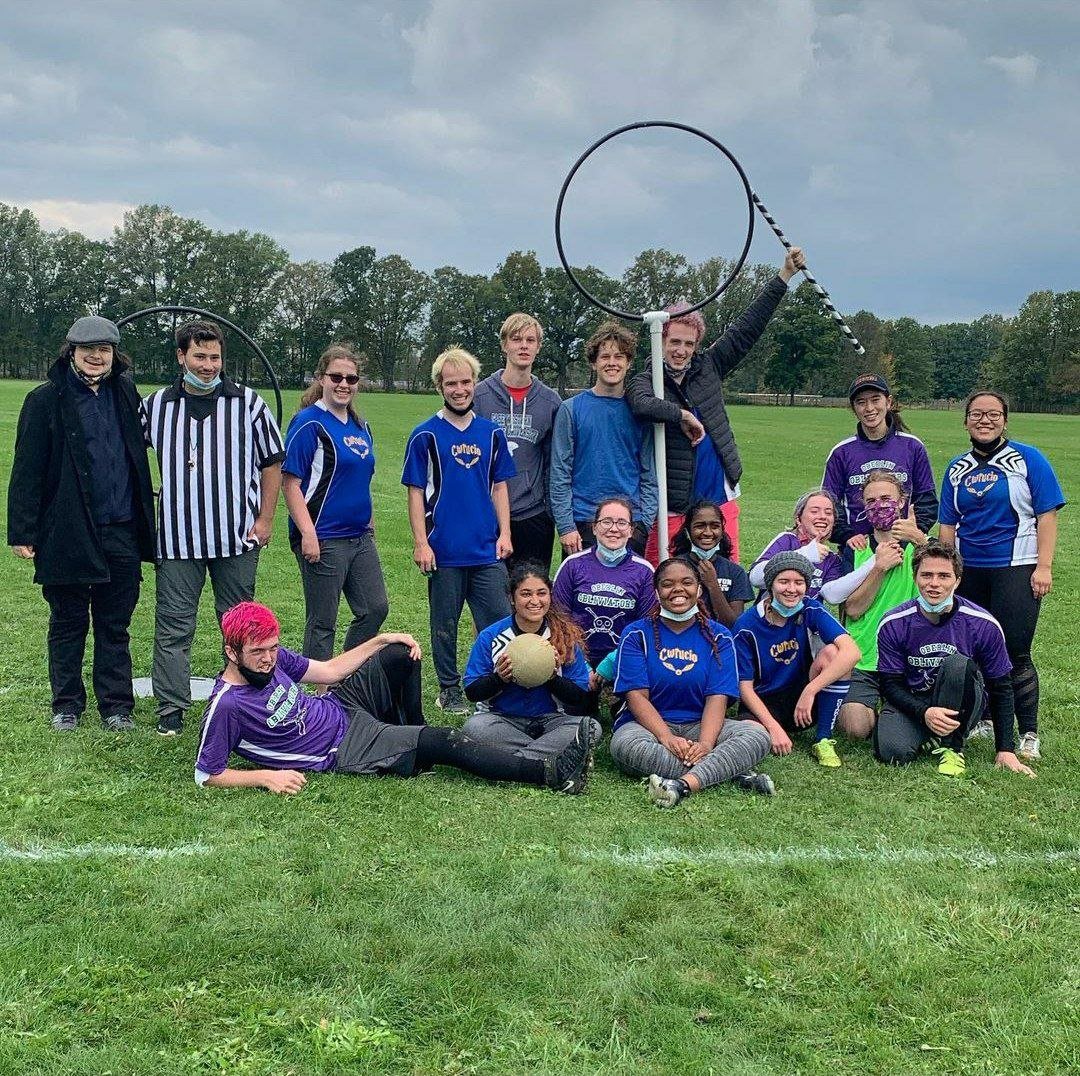
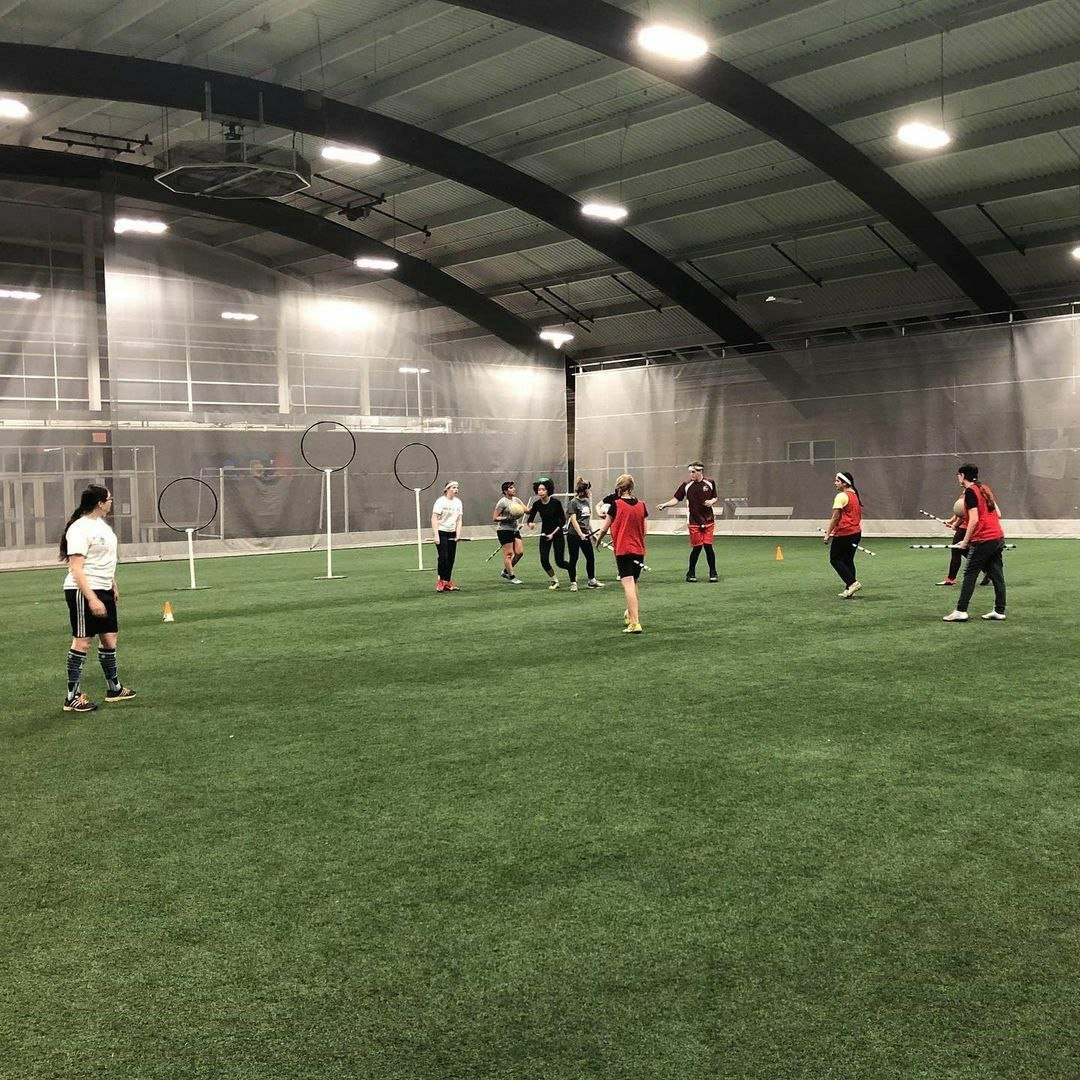
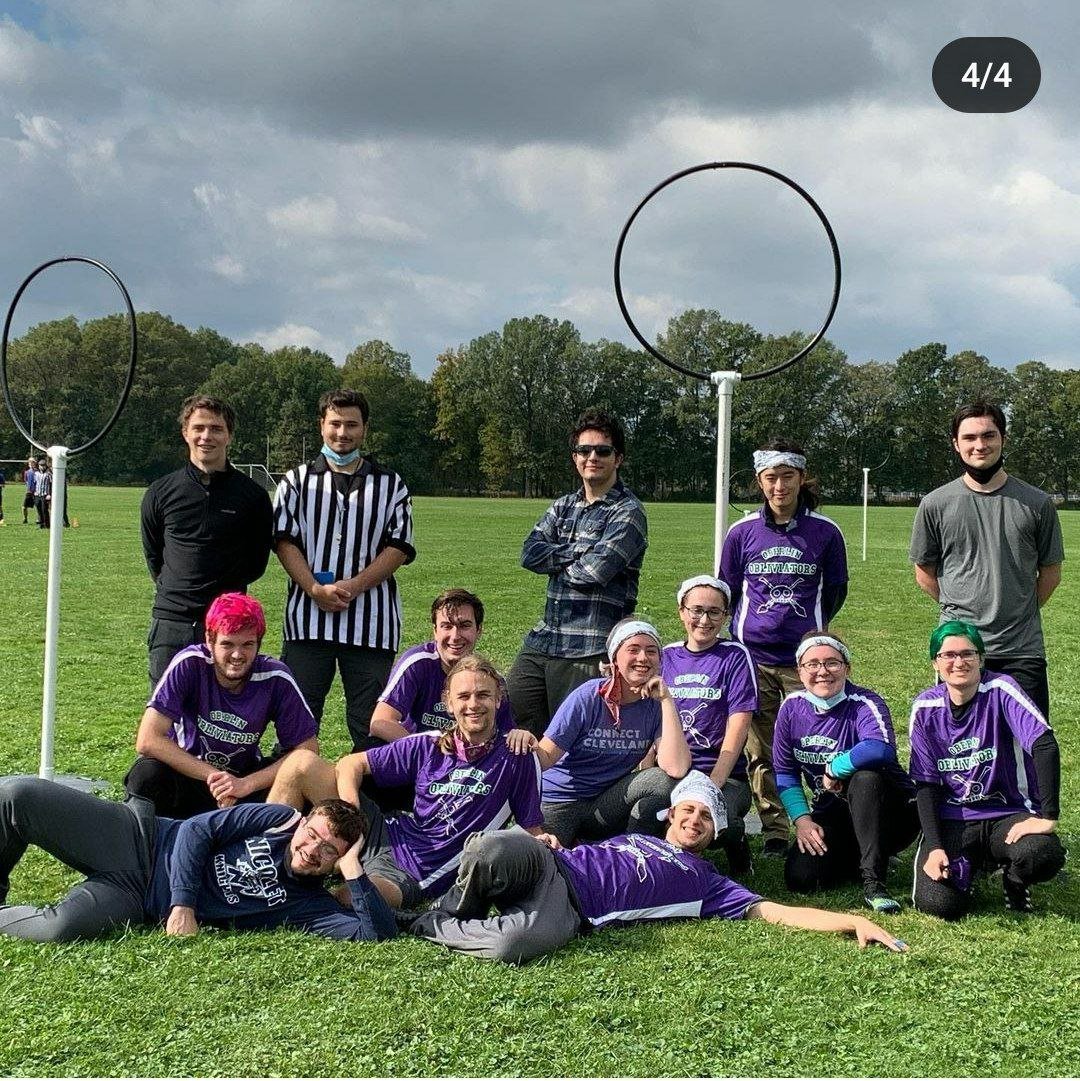

Photos: Oberlin Quidditch Instagram
Yup, quidditch, the fantasy game from the widely beloved wizarding world of Harry Potter has its own club sport. Members of the club spend time turning the mystical game of quidditch into a college reality. Players hold sticks, a stand-in for the brooms typically used in the game, between their legs as they run across the playing field. They toss around balls and use hula hoops for goal posts, allowing their imaginations to recreate the magic of the sport. Unfortunately, last semester, the Oberlin quidditch team made the decision to stop actively operating, but it has left the opportunity to restart the team open to interested students.
Co-ops
Co-ops or cooperatives are organizations led and run by students who often live with one another and spend a lot of time committed to a shared activity. Students in food-based cooperatives take turns making meals for everyone in the co-op and often form strong social communities. In activity-based co-ops, students are united by a similar passion and work together to pursue it. These co-ops include photo association, pottery co-op, and bike co-op. The latter allows students to build their own bikes in exchange for volunteer work. Many Obies ride their bikes all over campus and the surrounding areas. A bicycle path even offers a scenic route for cyclists and an excellent opportunity to exercise!
Clubs around identity
Multiracial Students Association promotional poster
Photo: Oberlin’s Multiracial Students’ Association Instagram
There are also a number of student organizations based around faith or identity such as the African Students Association, Asian American Alliance (AAA), Adopted Obies Club (AOC), Multiracial Students Organization, La Alianza Latinx, and Chabad Jewish Student Group. Many of these clubs create safe spaces for students who share a particular belief system or identity. For instance, Asian American Alliance brings together students of Asian descent. Members host meetings, cultural festivities, speakers, and multi-club events. AAA operates as one of the social hubs and resources for Asian American students on campus. I help lead Adopted Obies Club, a new organization exploring the shared experiences, cultures, and histories of adopted students. We will be having discussions, cooking and eating good food, learning from guest speakers, and gathering for movie nights, game nights, and craftmaking parties. Some groups, ours included, hold meetings in identity-based housing or communal student spaces. The Multicultural Resource Center (MRC), located in the student union, is a space commonly used by identity or faith-based groups to gather and commune.


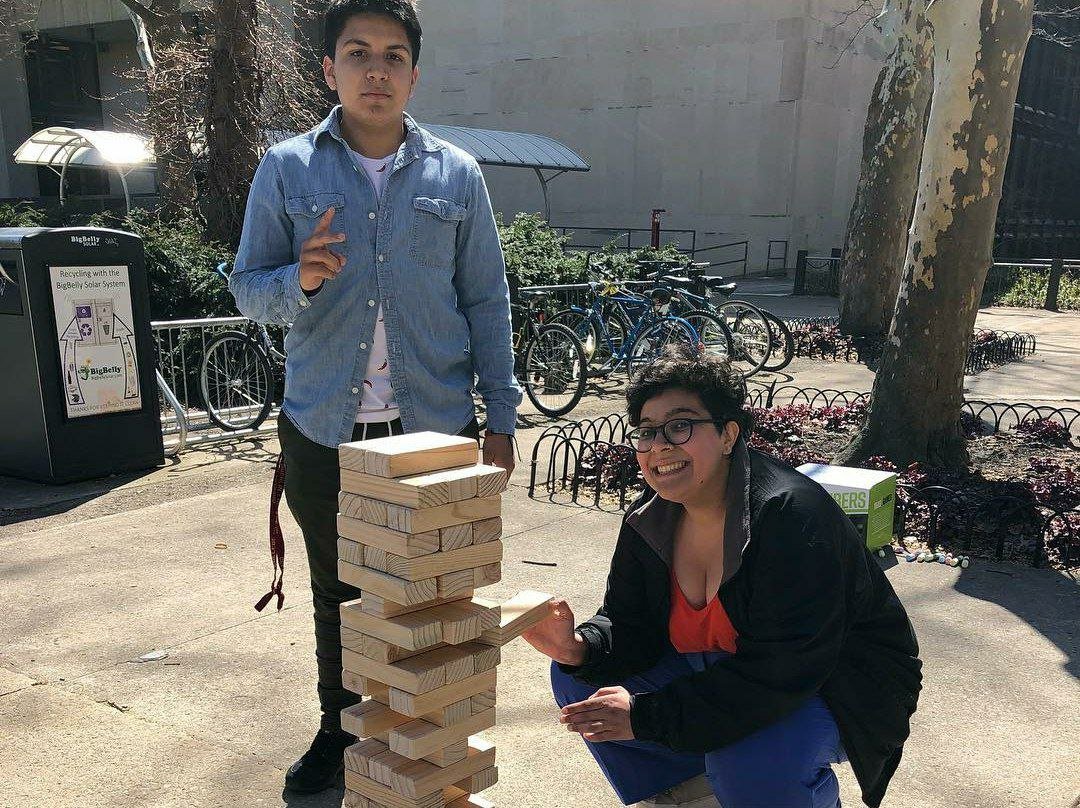

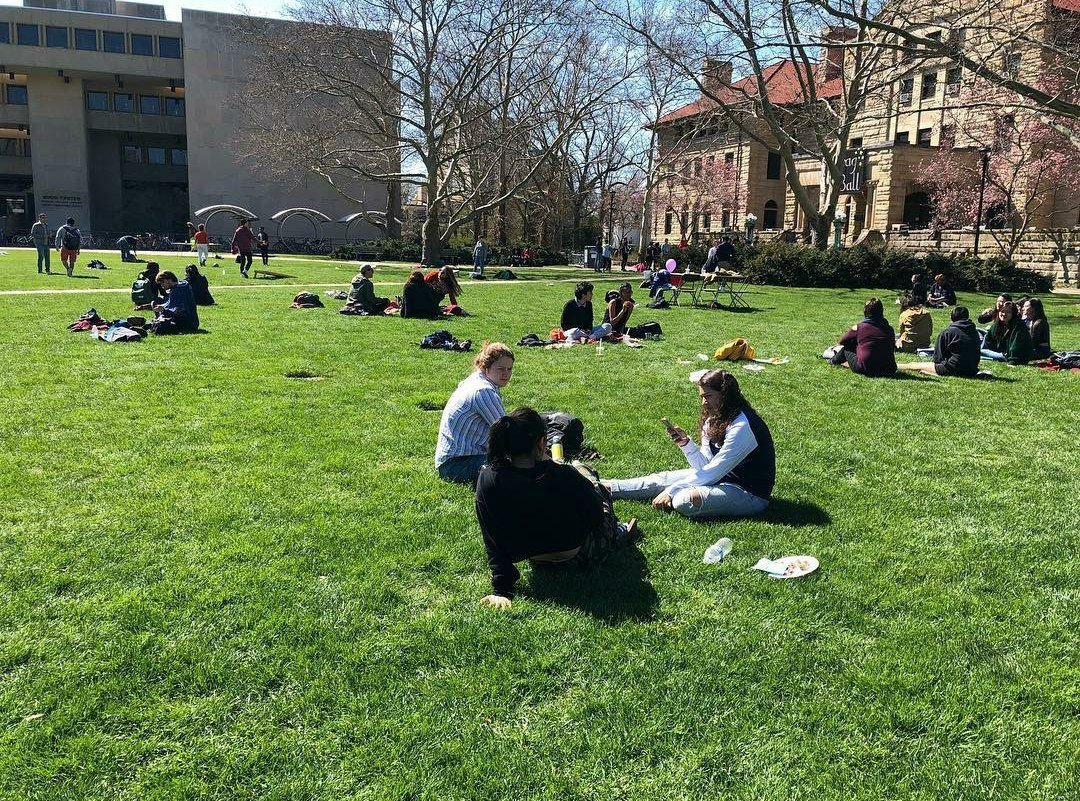
Music, audio, and performance
Wilder Hall (right) and surrounding walkway
Several student groups are musical, audio, and performance-based. Oberlin is home to a world-renowned conservatory where admitted students study to pursue a career in classical music. Students of both the college and conservatory may overlap in the activities they do, particularly those related to performance. The Cat in the Cream Coffeehouse serves as a student-run cafe and event space that frequently hosts shows. Additionally, Oberlin has a number of acapella groups who are known as much for their quirky names as their harmonious sounds. Groups such as the Acapelicans, Obertones, and Pitch Please rehearse in preparation to showcase their talents. Also, Wilder Hall, pictured above, houses WOBC-FM, the college and community radio station where people can play music and host their own radio programs for educational and entertainment purposes.
Photos: People mingling at The Cat in the Cream (left), Oberlin Acapelicans (right)
Students in policy and journalism
Oberlin Review Newspaper
Oberlin is also home to a few political organizations such as Model UN, where students recreate United Nations conferences, and Student Senate, a branch of student government with elected members that serve as representatives of the student body.
Additionally, the college has several publications that are consistently available to students, including but not limited to The Oberlin Review, The Grape, Plum Creek Review, and The Synapse. The Oberlin Review is a student-run newspaper commonly found throughout campus and is quite a popular read among professors. The Grape is a witty magazine dedicated to Oberlin culture, while Plum Creek Review is focused on art and literature. The Synapse, occasionally advertised in science classes, is a science-based multi-college publication combining artwork with information.
Other organizations are known for focusing on special interests. The Student Finance Committee, for instance, allocates the funds and approves budgets for student clubs. The college’s mock trial team simulates judicial court proceedings with members playing such roles as lawyers and judges. The Oberlin Community of Writers organizes workshops and meetings for students interested in improving and practicing their writing skills.
There are many different kinds of organizations at Oberlin. The typical student participates in a lot and can indulge their many different interests with many different clubs. And for those who cannot find an activity they want to do, they can simply start their own group!
Vocabulary List:
Student union (noun): a building that serves as the major social hub of student activity
Obie (noun): an Oberlin student
Conservatory (noun/adjective): a music school OR used to describe someone or something associated with the music school
Quidditch (noun): the primary sport played in the fictional Harry Potter book series
Acapella (adjective): a type of vocal performance in which only voices and no instruments are used
Latter (noun): last of a series
La Alianza Latinx (noun): The Latinx Alliance - an organization for students who identify as Latinx
Underground Railroad (noun): 19th century - Safe places where enslaved people in the United States stayed as they were escaping slavery in the south and heading north toward freedom
Cinema (noun): movie
ABOUT THE AUTHOR
Phoebe McChesney is a student at Oberlin College in the United States, majoring in Politics. She has interned in the U.S. House of Representatives and served as a Page in the U.S. Senate. Phoebe would love to work in Congress, with a federal agency, or on foreign policy and international relations one day. She is a blogger for her college and is interested in America House Kyiv’s Ukraine-American work.
